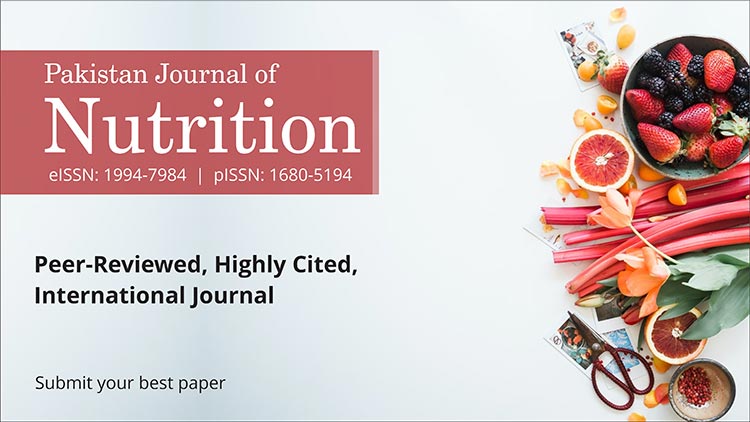Anemia is a major public health problem throughout the world. Anemia is a condition whereby the numbers of red blood cells that transport oxygen are insufficient to meet the needs of the body. Hemoglobin is a component found in red blood cells that carries oxygen. Pregnant women are classified as anemic when their hemoglobin concentration falls below the required standard.
During pregnancy, women will experience higher blood volume and an increase in the mass of red blood cells, an expansion of 45%. Therefore, pregnant women are at a higher risk of anemia during pregnancy and this increases the risk of complications that contribute to the morbidity and mortality of the mother and fetus, such as fetal growth retardation, stillbirth and maternal deaths during childbirth1.
Lack of knowledge about nutrition is perceived to be a factor that leads to malnutrition and may cause complications inducing practices2. The level of knowledge, attitudes and practices regarding anemia is very closely associated and if the level of blood elements is low, there is a tendency for complications. Researchers wanted to identify the associations between knowledge, attitude and practice and socio-demographic and antenatal characteristics3.
A total of 370 pregnant women participated in the study. Socio-demographic information and antenatal characteristics and knowledge, attitude and practice in relation to anemia were collected using questionnaires.
The study provided information related to the level of knowledge of anemia among pregnant women. A quarter of the respondents were identified as anemic. The median score for knowledge of anemia among respondents was higher than the mean score for attitude and practice. This study also revealed that gestational week and number of children contributed to the knowledge level of anemia among respondents, while level of education contributed to the attitude level. Knowledge scores did not correlate with practice but significantly correlated with attitude. In addition, the attitude score also significantly correlated to the practice of the respondents.
Increasing the level of awareness of anemia among pregnant women is seen as an important step in improving the level of their attitude toward anemia. A positive attitude regarding anemia influences the high levels of knowledge and good practice towards anemia, as attitude was significantly correlated with knowledge and practice. The results of the study could help identify specific areas of health education that can be developed for pregnant women concerning anemia to ensure the mother’s health is at an optimal level during pregnancy.

Keywords:
Anemia, knowledge, attitude, practice, pregnant women, mother’s health, specific areas, health education, optimal level, awareness, antenatal characteristics, Socio-demographic information.
References:
- Bakhtiar, U.J., Y. Khan and R. Nasar, 2007. Relationship between maternal hemoglobin and perinatal outcome. Rawal Med. J., 32: 102-104.
- Manaf, Z.A., N. Johari, L.Y. Mei, N.S. Yee, C.K. Yin and L.W. Teng, 2014. Nutritional status and nutritional knowledge of Malay pregnant women in selected private hospitals in Klang valley. Malays. J. Health Sci., 12: 53-62
- Siti Nur` H. A., Sedek, R. and Kasim, Z., 2018. Assessment of Knowledge, Attitude and Practice Levels Regarding Anaemia Among Pregnant Women in Putrajaya, Malaysia. Pak. J. Nutr., 17: 578-585.
















Add comment